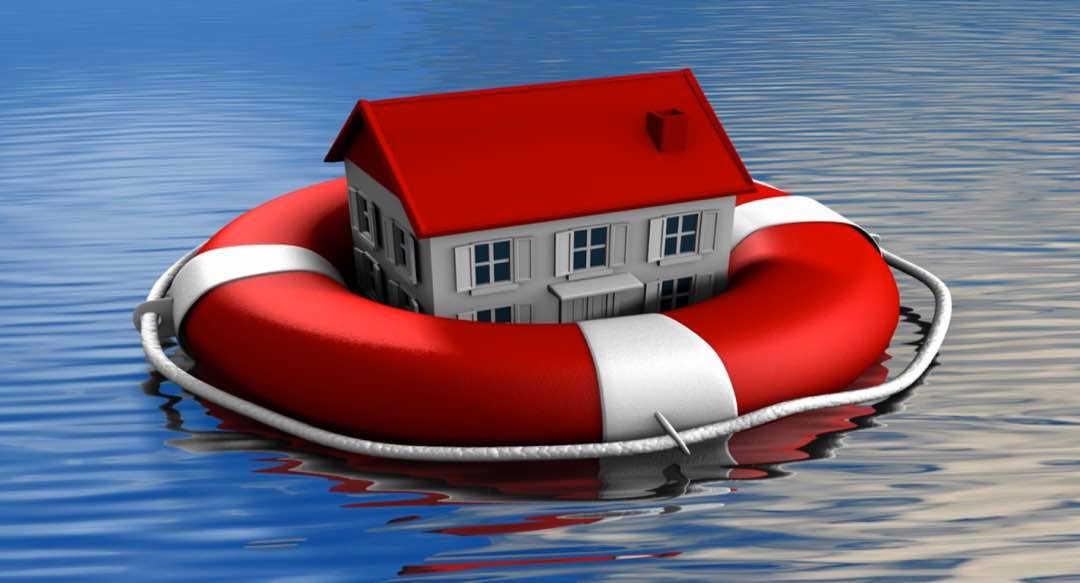Many cases of water damage in homes and buildings are caused by inclement weather, which includes rain, floods, and even just excessive humidity. Homeowners will take preventive steps to minimize flooding and seepage when wet weather conditions are predicted. While protecting your home against rain and flooding is critical, you should also be aware of the other primary forms of water damage that may occur at any time. There is a risk of water damage due to the fixtures in the plumbing system, such as sinks and toilets. As a consequence of ice or typical wear and tear, pipes may burst and leak. Water heaters, washing machines, dishwashers, and other large appliances are also at risk of leaking and causing flood damage.
Water damage from plumbing fixtures and appliances is easier to avoid than water damage caused by harsh weather or flooding. You may prevent major water damage and the associated repair costs by regularly monitoring your plumbing fixtures, pipelines, and appliances for signs of damage or leaks. The following advice will help you prevent water damage in your home.
Plumbing Accessories
Showers, bathtubs, sinks, and toilets all use a lot of water on a regular basis. A large amount of water damage might occur if any of these fixtures are damaged or leak. You need to inspect your plumbing fittings on a regular basis so that you may catch any damage or signs of leaks before they create serious water damage or structural issues in your home. Make a thorough inspection of all your sinks and bathtubs for any leaks by filling them with water and running the faucets. You should also examine the bottoms of all of the sinks to make sure there is no water leaking out of them. Observe for indicators of water leaks around the toilet’s base and related pipes while checking the toilet. Contact a plumber if you notice any leaks or damage to your fixtures and need help repairing or replacing them.
Perfection With the Pipes
Pipes may be found throughout your home, some of which can’t be seen from the outside. In only a couple of hours or minutes, hundreds of gallons of water might pour into your home if a pipe breaks or leaks. A burst pipe might be the consequence of degradation in your pipes, such as loose connections or wear and strain. Since frozen water in the pipes may expand, causing a pipe to burst, the need of monitoring for frozen pipes throughout the winter cannot be understated. Consider inspecting the pipes and plumbing connections around the appliances and the appliances themselves. If you see any swelling or discoloration on your walls, this might be an indication that a pipe beneath the wall is leaking.
Appliances
In the same manner that you check your plumbing fixtures for leaks on a regular basis, you should check your appliances for leaks. It is possible that major leaks in the surrounding area might be caused by equipment such as refrigerators, dishwashers, washing machines, and hot water heaters. When you do regular maintenance on your washing machine and dishwasher, make sure that the hoses are in excellent working condition. Every three years, it is advised that you replace these hoses to save wear and strain. High-pressure metal-mesh hoses are the most durable replacement option because of their long lifespan.





